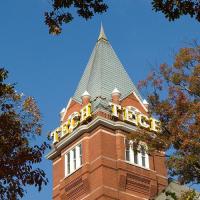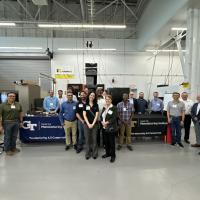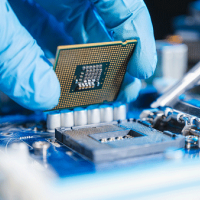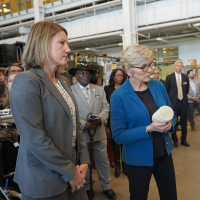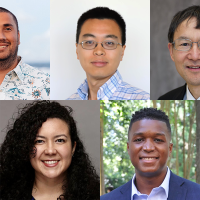2 min read
2 min read
4 min read
4 min read
1 min read
10 min read
From commercialization to community engagement to partnerships with national labs and corporations, Georgia Tech leads in the development and use of direct air capture technologies.
3 min read
In two studies, Ph.D. student Yiren Ren's research explores music’s impact on learning, memory, and emotions. One reveals that familiar music can enhance concentration and learning, while the other demonstrates that music with a strong emotional tone can reshape the quality of existing memories. Her findings suggest that music could be used for therapeutic interventions for cognitive function, or in conditions like PTSD and depression.
10 min read
Georgia Tech researchers are leveraging AI to address sustainability challenges in areas like climate change, urban farming, food distribution, and carbon storage, while ensuring ethical use of the technology.
3 min read
4 min read

